Connect with us
Published
2 years agoon
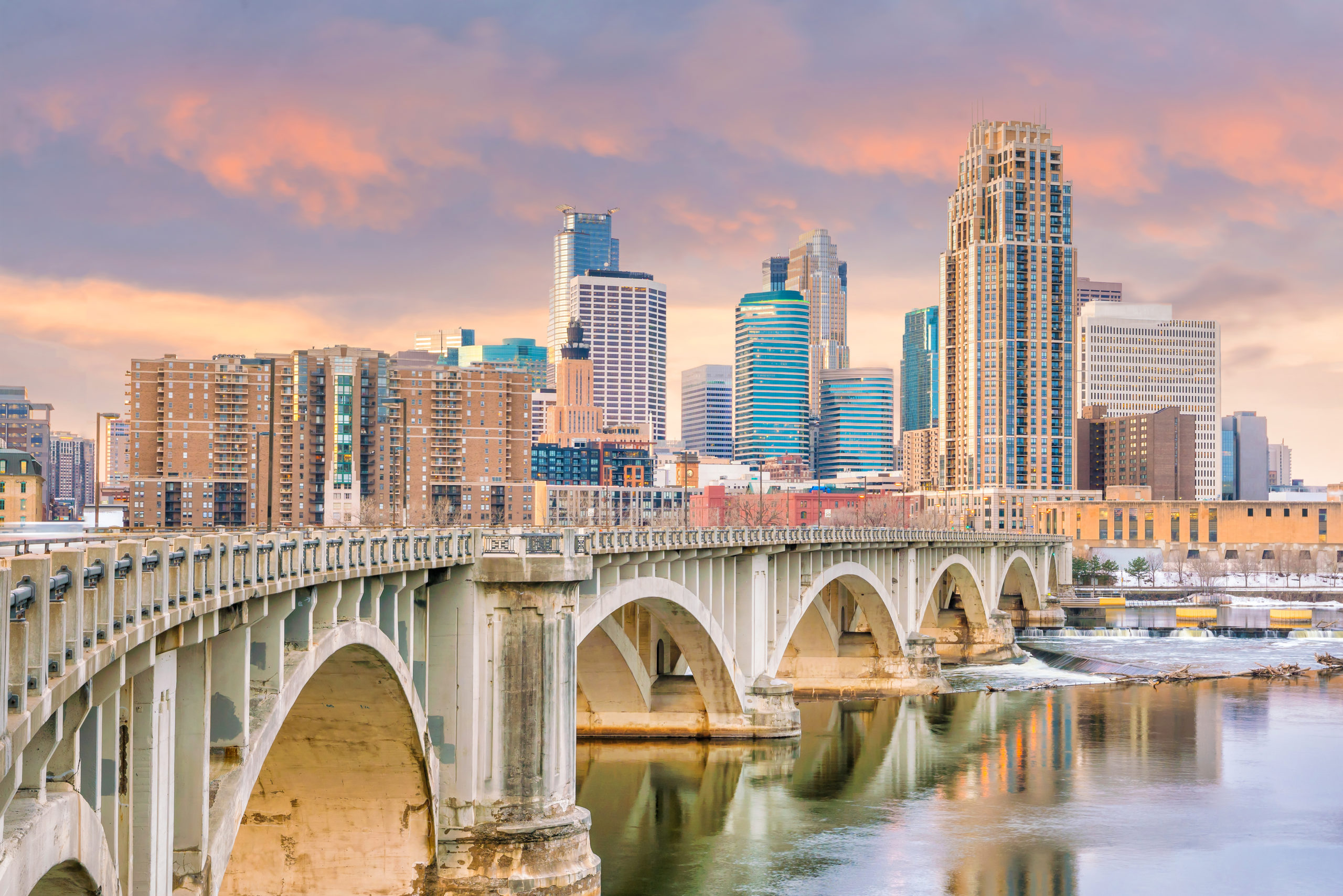
Following a new Minnesota state law passed earlier this month, which allows people 21 and over to buy and consume food and beverages with a small amount of hemp-derived THC, a number of cities are already temporarily banning THC edibles, according to a Star Tribune report.
Over the past week, St. Joseph in central Minnesota and Marshall in western Minnesota approved moratoriums to halt the manufacturing and sale of hemp-derived edibles. Stillwater officials were ahead of the action, implementing a one-year moratorium last November in anticipation for the state’s potential legalization of cannabis. Two other cities—Waite Park and Prior Lake—are also currently considering moratoriums.
Stillwater Mayor Ted Kozlowski told the Tribune, “We’re not saying, ‘We hate weed.’ We’re just trying to be smart about it.”
The law took effect July 1, permitting the sale and purchase of edibles and beverages containing up to 5mg of hemp-derived THC per serving and no more than 50 milligrams per package. Cannabis-derived THC is still illegal in Minnesota, though THC derived from hemp is chemically the same, as cannabis and hemp both come from the same plant—albeit, they are bred differently.
“This stuff will get you high, no doubt about it,” said Attorney Jason Tarasek, founder of the Minnesota Cannabis Law firm and a board member of the Minnesota Cannabis Association. “Everybody’s calling it hemp-derived THC, which makes it sound like something other than marijuana. But I went on social media and I called it adult-use marijuana, because that’s what most people are going to consider this to be.”
Five milligrams is half of the standard, state-recommended single dose of 10mg in most states with legal, recreational cannabis, meaning that a single 5mg serving is likely to cause feelings of euphoria and being “high” for first-time or new cannabis users, though cannabis veterans may have to consume a larger dose to feel effects.
The law also places no limit on how many CBD and THC products can be purchased, with no regulations on who can manufacture and sell them.
The temporary prohibitions some Minnesota cities and towns are implementing are intended to give city leaders time to research the issue and draft ordinances around the manufacturing and sale of the hemp-derived edibles.
Waite Park Police Chief Dave Dentrud said the new law “caught a lot of us off guard,” adding that police staff didn’t see it coming and couldn’t provide input before the law was passed.
When the law passed, cannabis advocates voiced their surprise that it made its way through the Minnesota Legislature, citing the opposition from Senate Republicans to recreational cannabis legalization. Since the law took effect, a number of leaders in the state voiced the lack of clarity of what exactly was included in the bill and what the law would ultimately legalize.
The head of the Minnesota Board of Pharmacy said that the legalization of THC-infused beverages and edibles was not in the original bill of hemp industry reforms, with Executive Director Hill Phillips adding that the 5mg serving and 50mg package limits were “changed at the 11th hour.”
However, Representative Heather Edelson, a sponsor of the legislation in the House, refuted the latter claim, saying the milligram dosage language was added to the bill well before the end of the session. Edelson also said that the house held three committee hearings on the legislation and that “It was put in there with full transparency.”
Senator Jim Abeler, a Republican from Anoka and chair of the Senate HUman Services Reform Finance and Policy Committee, told the Tribune he didn’t realize the law would legalize edibles containing any type of THC; rather, he thought the bill was regulating delta-8 THC products.
A number of St. Cloud-area city councils are slated to meet July 25, with St. Cloud Mayor Dave Kleis working with the League of Minnesota Cities to draft an ordinance regulating sales, like those applied to tobacco products. Staff at the league have been working with state agencies this month to research the law and help cities to regulate these new products.
“Some of the things we initially [heard] was that this is the Wild West or a free-for-all or something like that—that’s not the case,” said Pat Beety, general counsel at the league. “We have a state statute that does have some parameters and some good things in it.”
According to guidance from the league, it’s unclear whether or not a city can completely prohibit the sale of edible cannabinoids, though a city could possibly propose a ban under its authority to provide for the health and welfare of its community, similar reasoning used around banning flavored tobacco products.
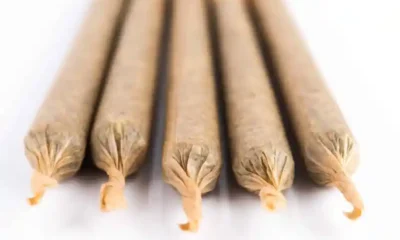

New York Cannabis Control Board Approves 101 New Adult-Use Licenses
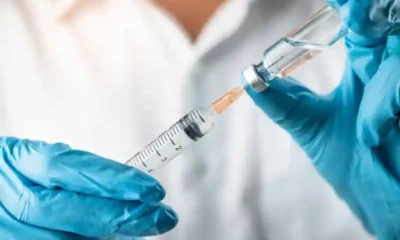

Killer Pharmacist Who Diluted Life-Saving Drugs To Be Freed From Prison
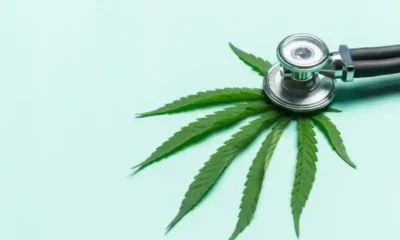

Doctors Join Call To Regulate Intoxicating Hemp Cannabinoids


Is Your Tesla Self-Driving Car Narcing You Out?


Psychedelics Offer Long-Term Improvement in Sexual Functioning, Enjoyment
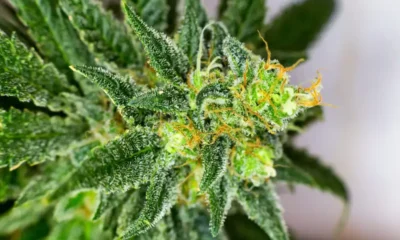

March Marks New High for Cannabis Sales in Michigan
